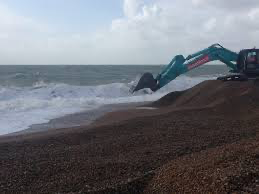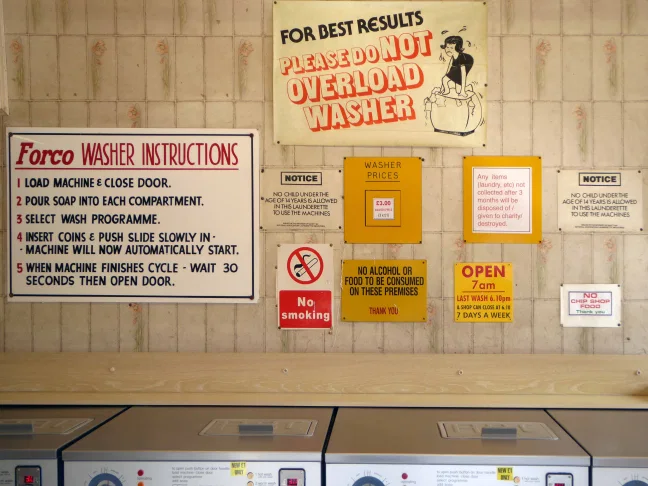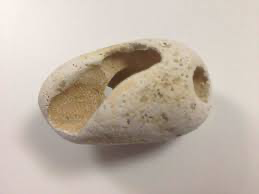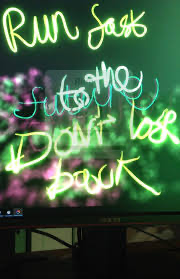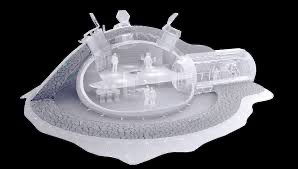The Immersive Kind works in brilliant and beautiful ways. A real world meeting of citizens, artists, technologists, and creatives exploring together who we are now and asking:
Can we mobilise collective intelligence at scale to overcome our differences? Will jobs in the future need us to supply our humanity rather than our physical or mental labour? and what does it mean to be a digital citizen?
Overlaps and patterns emerge from the short presentations giving new insights into how we might strengthen resilience and maintain our human rights. We can question the digital by bringing it into the physical world to promote critical thinking. We can build a real maze that people walk through that herds them into echo chambers, making their digital choices real. We can analyse hash tags using the Twitter API to gather data to visualise public engagement with art, and use hash tags and tweets to represent difference.
We can also have a good long look at ourselves in the mirror and ask who are we when we’re in Virtual Reality? And who are we when we’re not inside it? and what does that mean for how we explore this to make meaningful work rather than meaningful technology demonstrations?
Questions lead to more questions. What other ways can we have an emotional exchange with the machine? Let’s use alternative controllers to interrogate the interface and work out how different interactions can take place. And through this comes common ground. The incredible potential of what we have at our fingertips. The ability to print bespoke items so fast and so true to form. The speed of customisation and prototyping. The skill of AIs to process and recognise and track faces. And all this when we’re still pack animals with a herd mentality. Digital tracking can turn our own beliefs and psychologies into emotional warfare, and this can be physically weaponised.
From Brexit to Brazil, the use and abuse of power hits at the heart of these debates. VR and 3D Printing give us inherently collaborative tools that we can use to challenge the way things are. Art and creativity can present things in a very visual and understandable way that unlocks and opens out technological research and knowledge. We can create narratives and experiences that break down barriers and allow us a way round the status quo. Aware that we’re inviting the audience to nurture or destroy us when we put anything into the digital world, we can embrace this and liberate ourselves through asking bigger questions.
People are always producing avatars. We live in dialogue with different versions of ourselves. How do the newer ways of creating identity relate to the older ones? Who are we now as our habitat changes around us so fast? Communities are as important as the technology and together we can tell our stories and make sense of our world. Are we performers when we’re in Virtual Reality? Can it provide cloaks that allow us to maintain our identity in the real world?
Our choice is more than consume or be consumed. We need to question and challenge the interfaces around us as they become ever more sophisticated. In the immortal words of the Print Gardener ‘We’ll be alright’ and Immersive Kind makes space for this to happen.
With thanks to Kadine James, Lucy Wheeler, Patrick Scally at Immersive Kind Collective
Sarah Selby, Interdisciplinary Artist
Vishal Kumar, Cultural Data Scientist at The Bartlett
Julia Makivic, Alternative Game Designer
Mike Golembewski, Interactive Designer at Anagram
Nikoleta Michalodimitraki, Production and Management Engineer at iMakr

